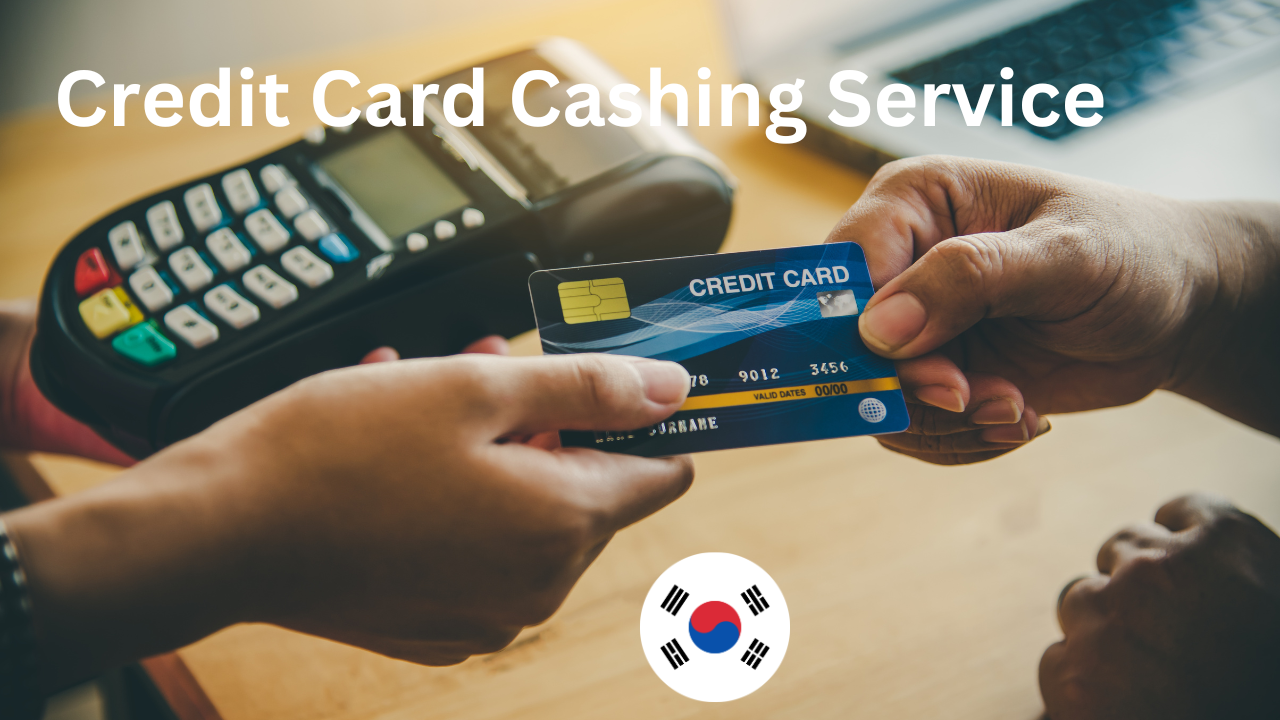Key Takeaways:
- Discover how AI-generated content can optimize your SEO strategy.
- Learn about balancing creativity with technology in content creation.
- Learn about the moral issues surrounding the use of AI in content creation.
Table of Contents:
- Introduction to AI in SEO
- The Role of AI-Generated Content
- Balancing Creativity and Technology
- Ethical Considerations in AI Content
- Practical Applications of AI for SEO
- Case Studies: Success Stories
- Challenges and Limitations
- The Future of AI in Content Creation
Introduction to AI in SEO
In today’s digital age, standing out in the vast ocean of online information is crucial, and this is where AI technology is proving to be a transformative force. AI enhances SEO and AI content strategies by improving efficiency and allowing marketers to automate repetitive tasks, delve deep into personalization, and efficiently predict future trends. Imagine AI as a sophisticated toolkit that, when wielded effectively, provides insights that were once impossible to garner manually. This does not just keep your content fresh and competitive but also ensures that your strategies are always ahead of the curve.
The Role of AI-Generated Content
Today, AI-generated content is central to helping brands maintain a consistent and engaging voice that meets ever-evolving audience demands. Picture a newsroom where AI handles the mundane elements, freeing up journalists to focus on storytelling. This is precisely what AI does for content creators—enabling efficiency while ensuring the story remains compelling. According to discussions in leading industry platforms like Search Engine Journal, balancing AI with human touch creates dynamic content that engages effectively without losing authenticity. AI helps analyze metrics and feedback on an unprecedented scale, crafting content strategies that resonate deeply with the audience.
Balancing Creativity and Technology
Although AI systems are potent in automating data-heavy processes, human creativity remains an irreplaceable element. This creative process breathes life into data, melding facts into narratives that captivate and convert. This synergy between human creativity and AI technology isn’t about replacing creative roles; instead, it’s about enhancing them by minimizing time spent on rote tasks and maximizing opportunities for innovation. Imagine AI as an artistic partner, handling the brushes while you decide the colors and the composition.
Ethical Considerations in AI Content
As AI continues to weave its way into more and more aspects of life—including content creation—it raises significant ethical questions. There are genuine concerns about the impact of AI on originality and transparency, mainly if audiences are unaware of AI’s role behind the scenes. Authenticity is key to maintaining audience trust, so upholding transparency when integrating AI into content strategies is crucial. By setting robust guidelines and ensuring accountability, businesses can manage these ethical challenges effectively, turning potential drawbacks into opportunities for more excellent honesty and engagement.
Practical Applications of AI for SEO
AI can revolutionize SEO strategy through various applications, from sophisticated keyword optimization to granular data analytics. By automating routine tasks such as on-page SEO audits and competitive analysis, AI empowers marketers to dedicate more time crafting strategies that engage and convert organically. Moreover, AI can forecast trends based on extensive data patterns, making strategies more proactive than reactive. This isn’t just theoretical; numerous companies have substantially implemented AI-driven techniques, reporting improved performance metrics across various digital platforms.
Case Studies: Success Stories
Navigating the practical applications of AI in SEO may seem daunting, but many success stories demonstrate its real-world effectiveness. In industries as varied as e-commerce and publishing, businesses that have integrated AI into their SEO efforts report increased engagement metrics, reduced bounce rates, and enhanced user experiences. These case studies inspire and educate by sharing best practices and insights from businesses that have effectively embraced the nexus of AI and SEO. Other firms might develop customized strategies utilizing AI’s capabilities to accomplish their objectives by taking inspiration from these success stories.
Challenges and Limitations
Despite the clear advantages of AI in SEO, challenges such as content quality, algorithm biases, technology limitations still need to be overcome, and careful navigation. Ensuring AI-generated content meets high-quality standards requires apparent oversight and collaboration between technology and human insight. Furthermore, biases inherent in algorithmic processes need addressing to ensure fairness and inclusivity. Adapting strategies to overcome these limitations isn’t just beneficial—it’s necessary for harnessing the full potential of AI-driven SEO.
The Future of AI in Content Creation
Its burgeoning content creation potential as AI technology progresses suggests a dynamic future. The capacity for AI to not only assist but augment the creative process could lead to groundbreaking ways of crafting online content that’s both personalized and innovative. Businesses hoping to stay competitive in a world that prioritizes digitalization must anticipate these developments and be ready to capitalize on new capabilities. Astute forecasts, like those in Forbes, emphasize how critical it is to adjust to these developments and provide a calculated route for integrating AI into content initiatives in the future.














